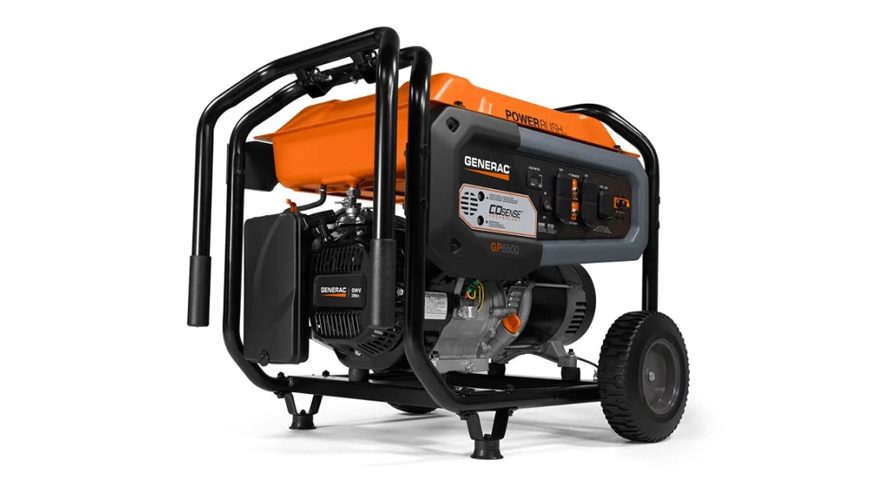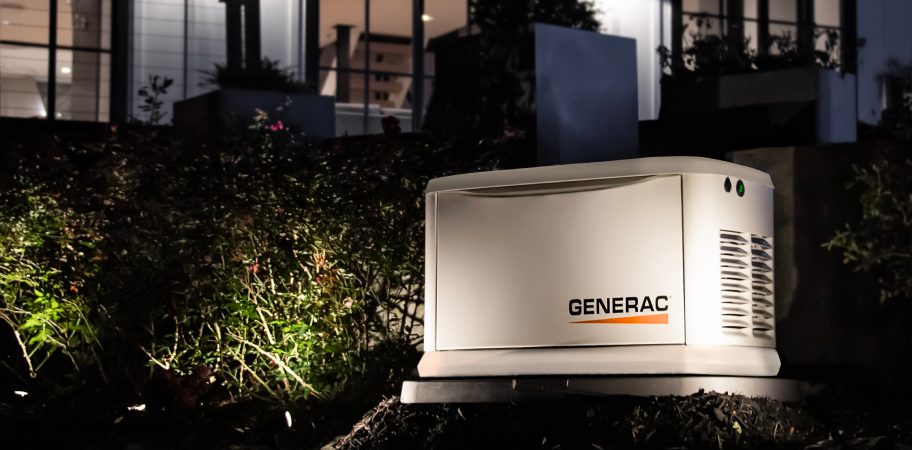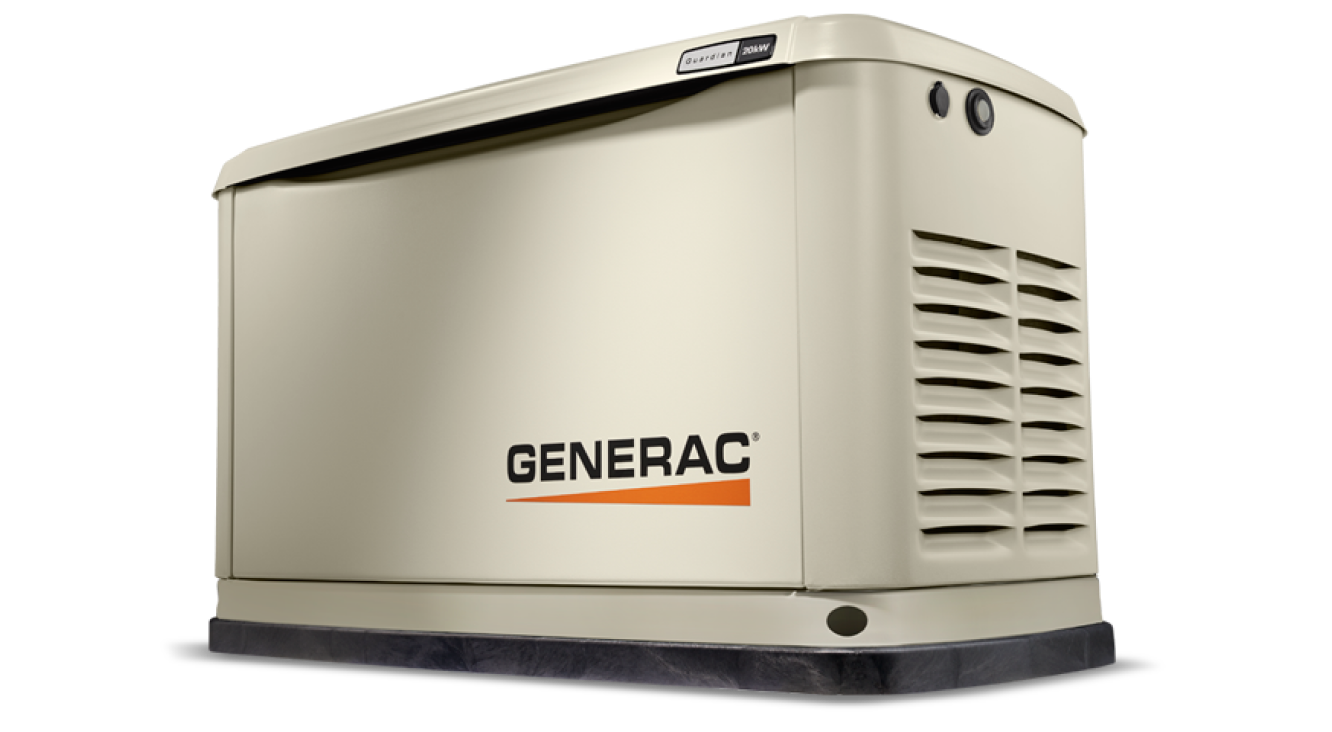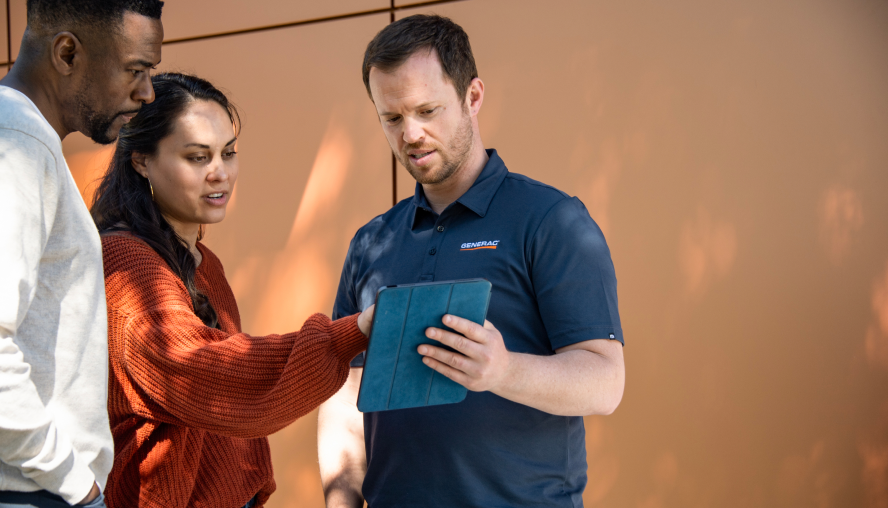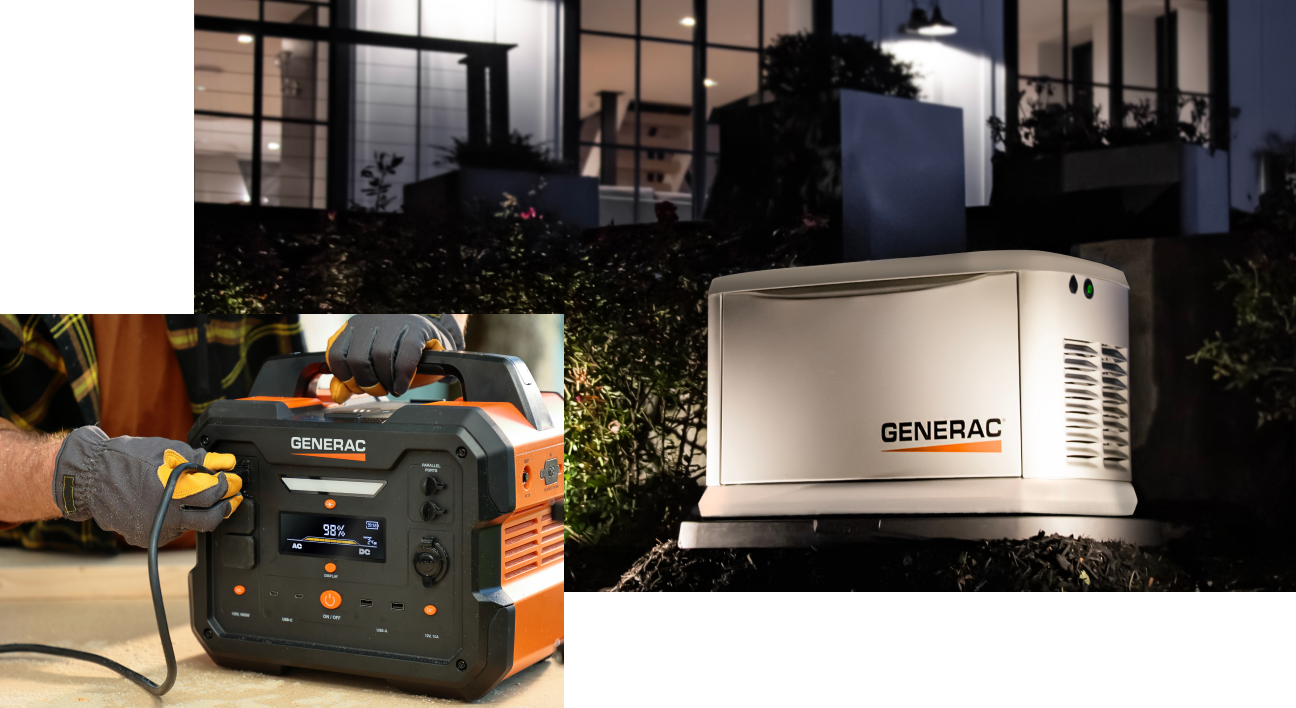What to consider before purchasing a portable generator
Portable generators provide on-demand, on-the-go power when the grid isn’t an option. They’re handy to have around when outages hit, but you can use them for so much more: camping, tailgating, DIY work—it’s power whenever and wherever you need it.
